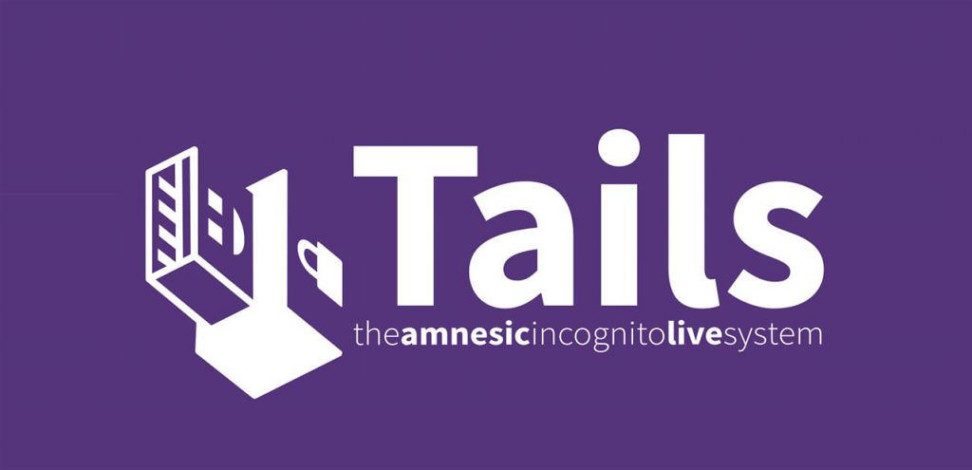Many journalists do not use different devices for professional and personal activities, which increases the risk of exposing sensitive data or sources information. Tails is a secure, portable operating system that offers a free-of-charge solution for separating reporting activities from personal life on the same device.
For technical reasons, lack of resources, or even just out of convenience, many journalists use their personal devices for work activities. However, most users tend not to protect their personal devices as much as their professional ones (no VPN installed, use of social media apps, etc.) which in turn increases the risk of losing or revealing sensitive work information. Besides, directly manipulating untrusted files for work on personal devices can potentially bring in malware and comprise the security of the entire system.
To compartmentalise reporting activities from personal life even without separating devices, journalists can use Tails. This open-source, high-security operating system (OS) can be installed on a USB stick that will turn any computer into a secure workstation. It is equipped with a suite of digital security tools, including OnionShare for secure file-sharing, and password manager KeePassXC.
Tails advantages
- Compartmentalisation. Once it starts, Tails will not interact with the host operating system or the computer hard drive, keeping the main OS completely separate. Journalists can treat it as if working from two different devices.
- Portability. This free, portable OS is installable on a USB stick (of at least 16 gigabytes) that can be booted into any compatible computer without additional software. Being stored on a USB makes Tails quick to use, discreet, and easy to travel with.
- Anonymous, it leaves no trace. Tails “incognito feature” allows all Internet connections to be automatically routed over the Tor network, making the traffic anonymous. Its “amnesiac feature” means that it leaves no trace on the host computer. When removed, all user activity in Tails is erased and overwritten with random data from the computer’s RAM (random-access memory).
- Developed with security in mind. All the applications have high-security settings applied by default. Users can also save files and their system configuration settings in an encrypted and password-protected persistent storage on the USB stick.
- A secure backup system and digital vault. For journalists living or travelling in high-risk regions, Tails’s persistent storage can be used as a secure backup system and a digital vault that, due to being on a secure USB, is less likely to be compromised and can be easily destroyed if required.
- Censorship circumvention. Because Tails integrates Tor, it can be also used to bypass Internet censorship and restrictions implemented by Internet Service Providers (ISPs) with Tor bridges.
Tails limitations
- Technical to set up. Installing the operating system on a USB stick and booting the computer from it are technical steps that can present challenges beforehand.
- Tails is still susceptible to physical surveillance devices like keyloggers (tools that record what a person types on a device), although it is protected from malware on the host system.
- Incompatibility with many MacBook models. A list of compatible hardware is available in Tails documentation.
- Not supporting many apps. Video call apps such as Zoom, Jitsi, Microsoft Teams, are not supported due to Tor’s incompatibility with WebRTC technology. Messaging apps like Telegram and Signal are not supported either.
- All traffic is routed over Tor by default. Thus, users cannot connect to a Virtual Private Network (VPN).
- For emergencies. With all the above-mentioned limitations in mind, Tails is best used as a secure emergency tool for special activities, such as sensitive investigations.









[…] Tails: a secure, portable OS to separate professional from personal activities […]